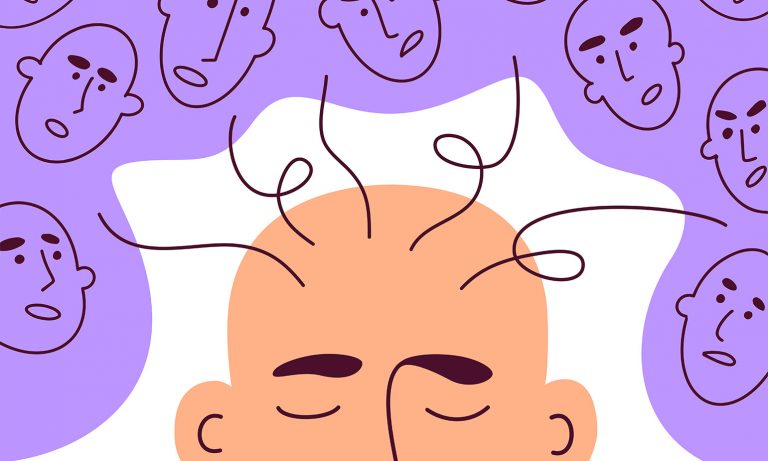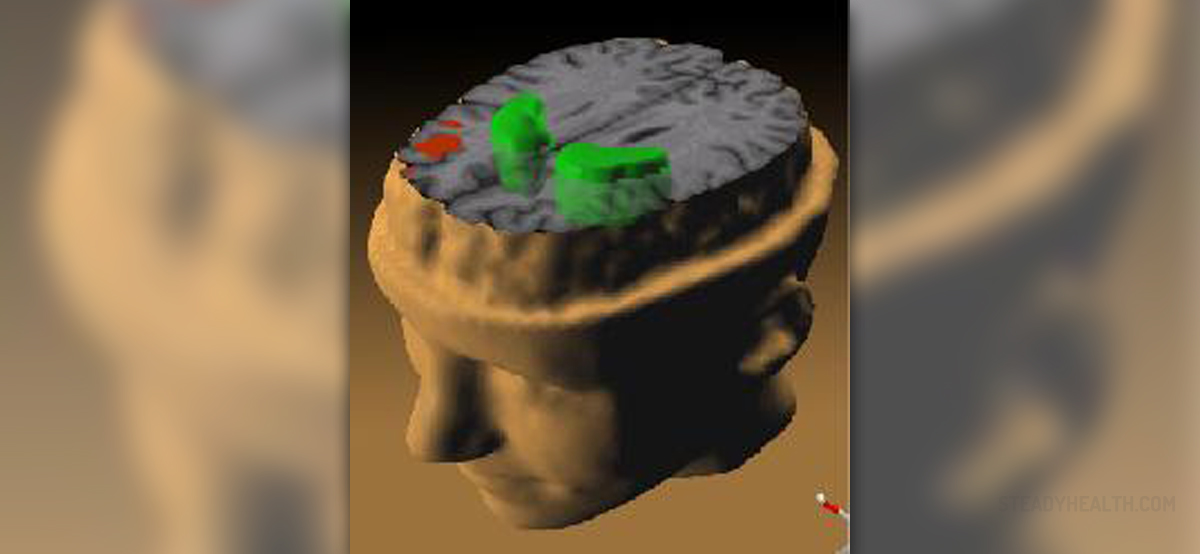

negative symptoms, i.e., affective flattening, alogia, or avolition.grossly disorganized or catatonic behavior.disorganized speech (e.g., frequent derailment or incoherence).Characteristic symptoms: Two (or more) of the following, each present for a significant portion of time during a 1-month period (or less if successfully treated):
#SYMPTOMS OF PARANOID SCHIZOPHRENIA FULL#
A psychologist can help you manage the disease in order to live a full and fulfilling life.The following specific diagnostic criteria are reproduced verbatim (except for codings and page references) from the DSM-IV, the immediate predessor of the current DSM-IV TR (where ‘IV TR’ indicates fourth edition, text revision). To find a psychologist in your area, use APA’s Psychologist Locator Service.īeing diagnosed with schizophrenia may come as a shock, but the disease is treatable and recovery is possible. A second review drew similar conclusions, and also found evidence that people with schizophrenia who participate in family therapy were more likely to take their medications as prescribed ( Psychological Medicine, 2002). A 2001 review of studies found that family interventions reduce rates of psychotic relapse or rehospitalization by 20% ( Schizophrenia Bulletin, 2001).

Psychologists can help people with schizophrenia cope with the difficult effects of the disease, including challenges related to self-care, work, school, and relationships.įamily interventions in which relatives participate in therapy sessions may be particularly helpful for people with schizophrenia. Psychotherapy may also be a valuable part of treatment. Such medications usually need to be taken daily to be effective. Antipsychotic medications are often an important part of treatment. Treatment for schizophrenia usually involves a variety of strategies to reduce the symptoms of the disease over the long term. Clinical researchers are also optimistic, as new specialized treatment programs appear to promote better functioning and better outcomes. For many others, the symptoms of schizophrenia improve naturally as they age. Some individuals have an initial psychotic episode, but do not have symptoms reoccur. However, evidence now suggests that schizophrenia is a treatable illness and recovery is possible. It used to be thought that recovery from schizophrenia was rare.

More likely, a variety of genes and environmental factors are responsible for the development of the disease. Scientists don’t believe there is a single gene for schizophrenia. There is a genetic component to schizophrenia, and people who have a parent or sibling with the disease have a slightly increased risk of developing it, though the odds are still that they will not. Risk factorsĪbout 1 in 100 Americans are diagnosed with schizophrenia.

People with the disorder might also have cognitive challenges, such as problems with memory, attention, and concentration. This disorder can cause hallucinations, delusions, and unusual behaviors. Schizophrenia is a treatable serious mental illness that affects a person’s thoughts, feelings, mood, and overall functioning.


 0 kommentar(er)
0 kommentar(er)
